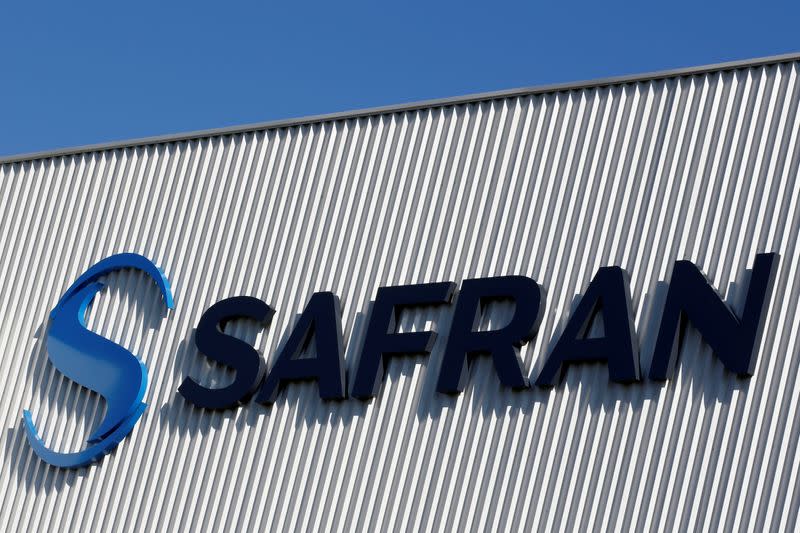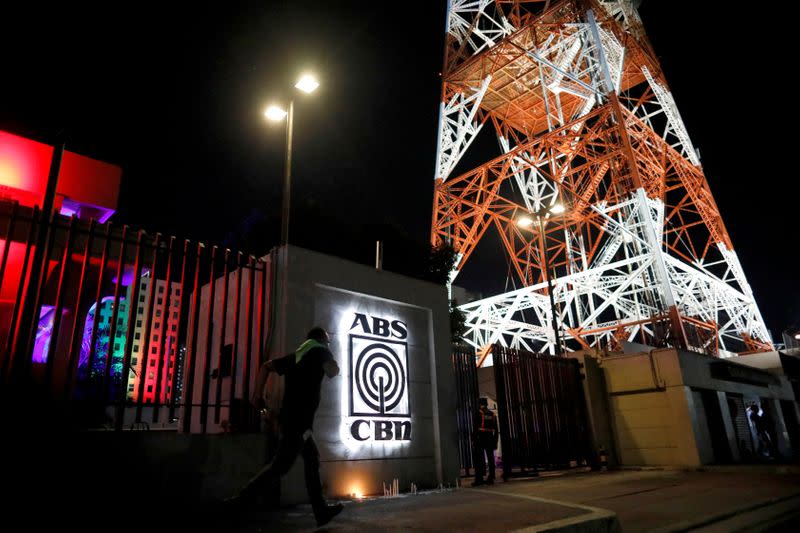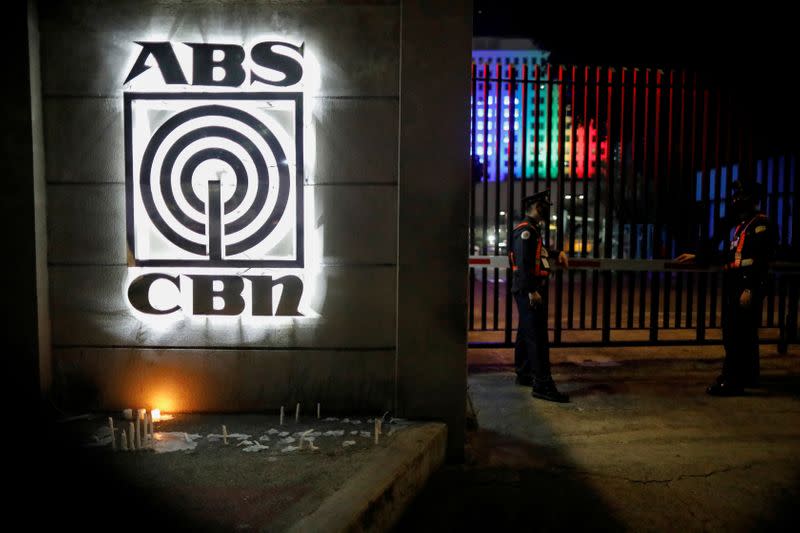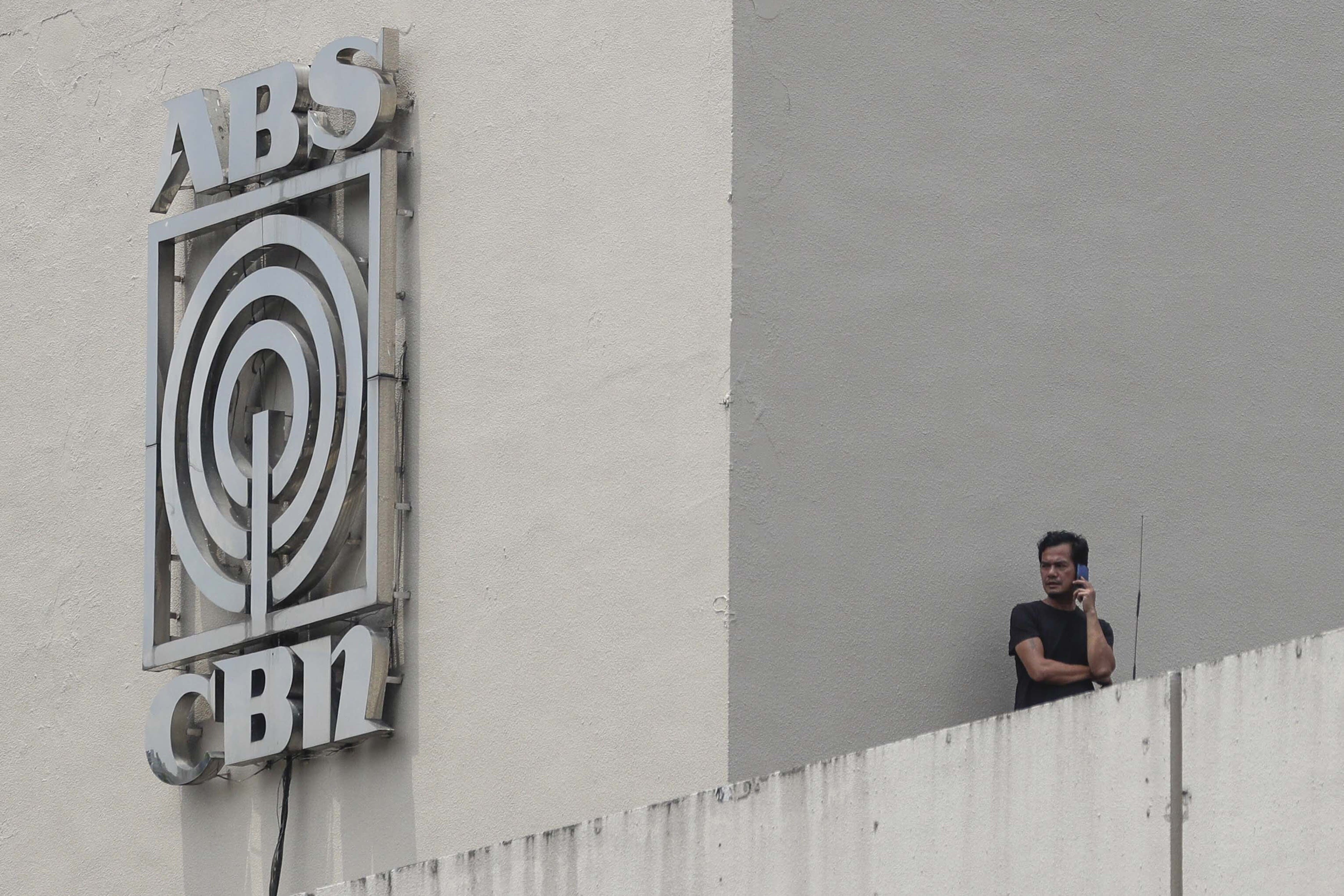Virus crisis leaves thousands of cruise ship crew stuck at sea
 AFP / -This photo provided by Brazilian DJ Caio Saldanha shows his cabin on the Celebrity Infinity cruise ship. He says he feels like a prisoner on the ship where he works, with no news about when he can go home
AFP / -This photo provided by Brazilian DJ Caio Saldanha shows his cabin on the Celebrity Infinity cruise ship. He says he feels like a prisoner on the ship where he works, with no news about when he can go home
The cruise industry has taken a beating during the coronavirus crisis -- on-board outbreaks, refusal of port access and now no clear idea of when ships can sail once again.
While the passengers have headed home, the journey drags on for tens of thousands of crew members who are stranded at sea aboard their vessels, with no end in sight.
Many are no longer being paid because their contracts ended; some have no internet access; tensions are flaring; and some have even filed suit against their employers.
"We are prisoners. I need help. We need help," said Caio Saldanha, a Brazilian DJ who works on the Celebrity Infinity, which is in limbo somewhere between Florida and the Bahamas.
"We need to fight to go home," the 31-year-old musician told AFP.
Saldanha shares a cabin with his 29-year-old girlfriend Jessica Furlan, who hosted on-board activities for passengers.
On March 13, US authorities issued a no-sail order as the virus crisis ramped up. Ships with passengers offloaded them -- some more easily than others.
But most crew members were required to remain on board. And now they're stuck.
There are more than 100 ships carrying over 70,000 crew in or near US territorial waters or ports, the US Coast Guard says.
"We are desperate to get home," said Furlan, who noted that they spent three weeks confined to their cabin, and then stopped getting paid on April 24.
- No free internet for some crew -
 AFP / -Caio Saldanha (L) and Jessica Furlan, both from Brazil, are currently on board the Celebrity Infinity, with no news about when they can leave
AFP / -Caio Saldanha (L) and Jessica Furlan, both from Brazil, are currently on board the Celebrity Infinity, with no news about when they can leave
Those who keep the ships running -- sailors, cleaners and cooks, for example -- are still getting paid, but anyone whose job was to entertain passengers is out of luck.
Other employees had completed their contracts, so they are not getting paid, either.
The cruise lines provide room and board, but crew must pay for anything else -- even toothpaste and soap. Some have to pay for WiFi.
"We do not have free internet -- from one point of view, I do understand, but from the human point of view, I cannot," said Verica Brcic, who manages the spa on the Maasdam, operated by Carnival subsidiary Holland America.
Brcic was transferred on March 29 to the Koningsdam, which is meandering along the US West Coast with 1,100 personnel from eight different ships.
 ANP/AFP/File / Robin van LonkhuijsenHolland America Line's MS Koningsdam -- seen here in Rotterdam in May 2016, on the eve of its dedication ceremony -- is now off the US West Coast, with 1,100 crew from eight different ships
ANP/AFP/File / Robin van LonkhuijsenHolland America Line's MS Koningsdam -- seen here in Rotterdam in May 2016, on the eve of its dedication ceremony -- is now off the US West Coast, with 1,100 crew from eight different ships
"Humans need to stay in contact" with family and get news from home, said the 55-year-old, who is from Serbia.
Brcic has no idea when she might get home. She hasn't been on dry land since early March.
A 52-year-old musician who works for Princess Cruises (also a Carnival subsidiary) says he too has to pay for WiFi. He also says there is not enough food to go around.
"I feel like I'm in forced confinement," said the musician, who asked not to be named, or for AFP to even say which ship he works on, for fear that his employer would retaliate.
- 'Roller-coaster of emotions' -
The major cruise lines stand accused of failing to do enough to get their staff home, ostensibly to save money on pricey charter flights -- a claim the companies deny.
Royal Caribbean says the issue stems from the fine print of their agreement with the US Centers for Disease Control and Prevention (CDC).
That agreement says cruise companies are liable -- in both criminal and civil court -- if the crew fails to follow the rules of disembarkation to the letter.
"We are happy to do all the things they requested, but the criminal penalties gave us (and our lawyers) pause," Royal Caribbean CEO Michael Bayley said in a May 3 letter to crew seen by AFP.
Bayley then wrote that Royal Caribbean would sign anyway, because "the importance of getting you home is so great."
Lauren Carrick, a British dancer on the Infinity who shares a cabin with her boyfriend, wants to know why the process is taking so long for Royal Caribbean, which owns Celebrity Cruises.
 AFP / -Lauren Carrick (L), a 29-year-old British dancer, and her fiancé Joe Harrison -- seen here in San Juan, Puerto Rico -- are aboard the Celebrity Infinity, and also want to get home
AFP / -Lauren Carrick (L), a 29-year-old British dancer, and her fiancé Joe Harrison -- seen here in San Juan, Puerto Rico -- are aboard the Celebrity Infinity, and also want to get home
"It's just a roller-coaster of emotions," the 29-year-old Carrick told AFP.
"It's really tiring and exhausting. At nighttime, I can't sleep. My mind is constantly going to like, 'When am I going to get home?'"
But not everyone is in a huge rush. Some crew members feel safer at sea and fear that all the publicity is going to hurt the companies that pay their bills.
"It is complex and very frustrating for those of us that love our jobs," said a 42-year-old South African food and beverage manager for Carnival.
He said keeping the crew on board was costing more than the charter flights would, and that it was simply "very difficult to repatriate certain people to certain destinations."
"That fault cannot lie with the cruise lines -- it lies with bodies like the CDC," he said on condition of anonymity.
- It's complicated -
Bayley says that of its 25,000 employees on board ships, more than 1,000 of them say they want to stay.
For those who want to get home, he says, it's complicated.
"Our crew come to us from more than 60 countries. Each country has rules and regulations for who can travel home, and how, and when," Bayley wrote in his letter.
Some countries are not even accepting their own nationals, he said.
 AFP/File / Mark RALSTONCarnival says it's making "strong progress" towards getting its crew members home -- its Panorama cruise ship is seen docked in Long Beach, California on March 7, 2020
AFP/File / Mark RALSTONCarnival says it's making "strong progress" towards getting its crew members home -- its Panorama cruise ship is seen docked in Long Beach, California on March 7, 2020
Carnival is making "strong progress" in getting its employees home "via air charters and our own ships," spokesman Roger Frizzell told AFP.
The Cruise Lines International Association (CLIA) told AFP that so far, there have been a total of 2,789 confirmed cases of COVID-19 onboard 33 cruise ships, among passengers and crew.
Last month, employees of Celebrity Cruises filed a class action lawsuit accusing the company of negligence. This week, the family of an Indonesian crew member filed a wrongful death suit against Royal Caribbean.










